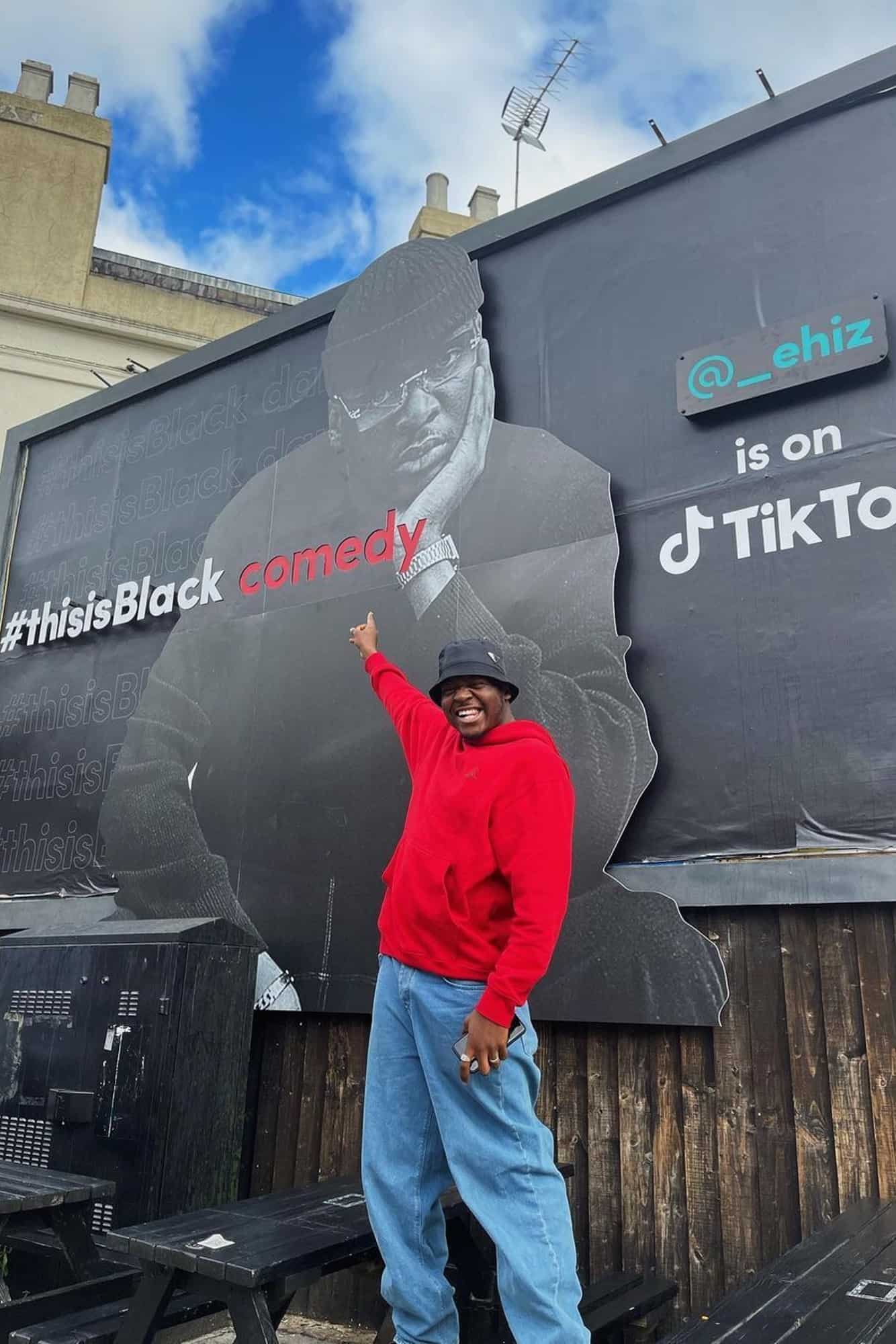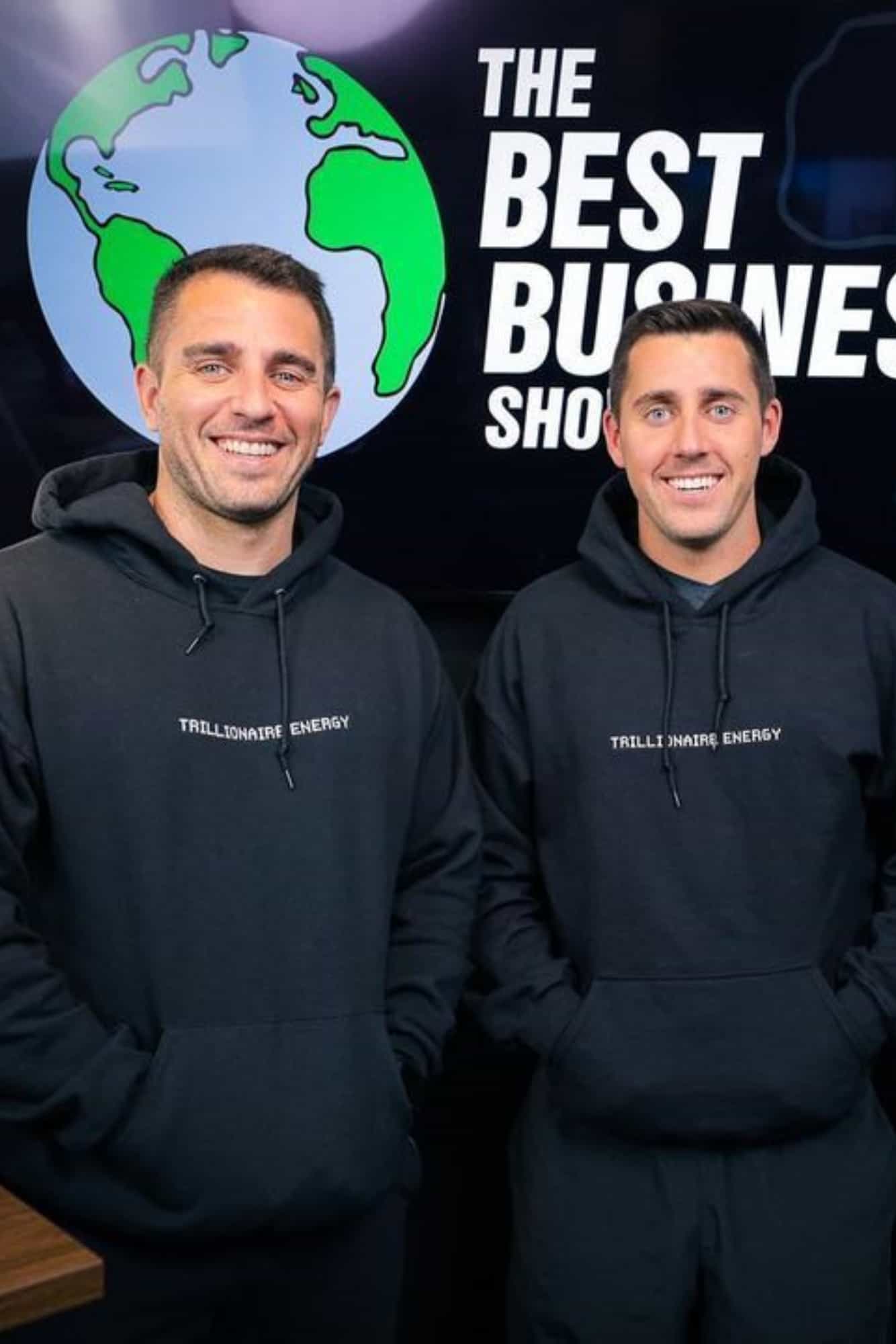The war unfolded to a global audience on social media this weekend with people across Twitter, Facebook, YouTube, Telegram, TikTok and Instagram tuning in for minute-to-minute reporting, analysis and hot takes on the Russian invasion of Ukraine. While commentators and academics on the two nations have found their profiles and audiences explode, so to have Ukrainian politicians, in particular President Volodymyr Zelenskyy. There have been major digital shifts in the past 72 hours reflecting the escalation of the major global crisis, but here are three themes that were particularly prevalent in conversation on social media.
Interesting points before we get started…
- Media startup The Kyiv Independent started the weekend with 20,000 followers on Twitter and as of today, it has 1.3 million.
- Ukrainian president Volodymyr Zelenskyy has emerged as a hero for these deeply troubling times. Not only has he stayed in Kyiv with the Ukrainian people, but it was discovered he voiced Paddington Bear in the Ukrainian translation of the film (see Hugh Bonneville’s reaction here) and competed in Dancing With The Stars in 2006. Twitter has requested Jeremy Renner play him in the movie of his life. In all seriousness, Zelenskyy’s ability to connect simultaneously with people globally and locally via social media has been a masterclass in communication – one that has shown where British politicians are lacking.
- Telegram is the platform Ukrainians are turning to for information they can trust.
#AfricansInUkraine reveals discrimination against Black evacuees
Civilian reporting of Africans attempting to board trains and evacuate Ukraine appeared to show white people blocking their access to transport. Videos showed a young Black woman being pushed off a train and one evacuee reported police were threatening to shoot Black people at the Polish border, rather than let them cross. There were tweets about about a seeming tiered system – white women and children first, then white men, then Black people. In the UK, Dr Shola Mos-Shogbamimu condemned the racism which has led to many Black people being stranded but much of the mainstream media has delayed reporting this part of the weekend’s developments. Nadine White – race correspondent for The Independent – has spoken to Black people trying to leave the Ukraine and the discrimination they are facing. Read her report here.
The NFT and crypto community mobilises
On February 24th, NFT buyers and investors began encouraging creators in Ukraine to get in touch – they were ready to buy any and all work to help fund their escape from the war zone. Influential figures in the community – such as UK collector Misan Harriman – shared long threads spotlighting Ukrainian NFT artists and encouraged their followers to support them in any way that they could. While the expected plethora of GoFundMe and Patreon pages were shared, so too were links to donate cryptocurrencies and Bitcoin. Influencers in America’s startup community such as Andrew Gazdecki – founder of Microacquire – shared his donation on Twitter, noting that many of his team are Ukrainian. Russian musicians Pussy Riot minted an NFT of the Ukrainian flag as a way to fundraise for the country. They promoted this via PartyBid and so far the bidding pool is at over $3 million.
You may also like
Fake news creates fake heroes
On TikTok, a video of a man parachuting to the ground was framed as someone documenting themselves entering the war zone. It had 20 million views and users applauded his heroism. However, a quick background check by NBC reporter Ben Collins found the video was actually from 2016 and had nothing to do with the conflict. Then there was Elon Musk sending Starlink services to Ukraine to ensure people had internet and information no matter what. Again, he was lauded a hero across every social platform. Until tech reporters pointed out people would need to get modems and satellite service installation to make Starlink work. As one tweeter put it, the entire thing was marketing. Musk has a history of seeming to come to the rescue and being quite ineffective – see this thread by CNBC reporter Lora Kolodny, whose beat is Tesla. At a macro level, Facebook and Twitter reacted immediately to remove disinformation accounts targeting Ukrainians.
By Sara McCorquodale, CEO and founder of CORQ. Picture credit: Volodymyr Zelenskyy via Twitter.










Influencer reaction to Russia’s invasion of Ukraine: how #CookForUkraine is mobilising people to help